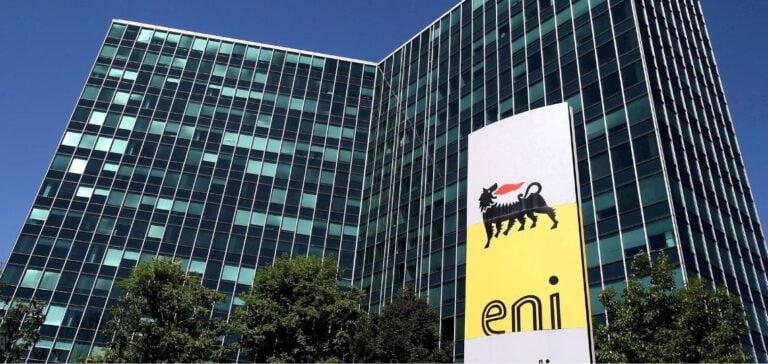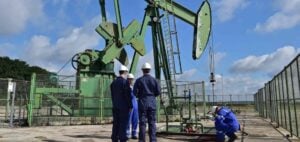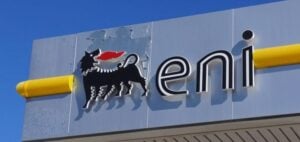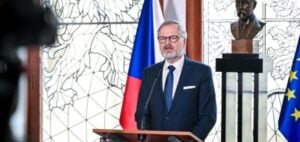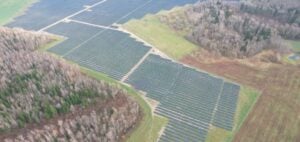Eni ‘s net profit fell to 1.21 billion euros, well below the Factset analyst consensus of 1.76 billion euros. Adjusted net income, which excludes exceptional items, also fell, down 46% to 1.58 billion euros. These results come against a backdrop of lower gas prices, which also led to a 16% drop in group sales to 22.9 billion euros, below analysts’ forecasts.
CEO comments and forecast revisions
Despite these disappointing figures, Eni CEO Claudio Descalzi described the results as “excellent”, highlighting their ability to beat expectations for full-year earnings and cash flow. As a result, Eni has raised its forecast for 2024, with pro forma adjusted operating profit (Ebit) and cash flow now expected to exceed 14 billion euros, instead of the 13 billion Ebit and 13.5 billion cash flow previously projected.
Key indicators and the energy market
Eni’s adjusted Ebit fell by 30% to 4.1 billion euros in the first quarter. The price of natural gas fell significantly by 49%, to 29 euros per megawatt-hour, while the price of a barrel of Brent crude from the North Sea rose slightly by 2%, to an average of 83.24 dollars.
Strategic acquisition in the North Sea
In a separate development, Eni has reached an agreement with UK-based Ithaca Energy to sell almost all its North Sea exploration and production assets for £754 million (€874 million) in a share deal. Following this operation, Eni will hold 38.5% of Ithaca’s enlarged capital, strengthening its presence in the UK.
Despite a notable drop in its first-quarter financial results, Eni is optimistic about the rest of the year, adjusting its forecasts upwards in response to its better-than-expected performance and asset diversification strategies.

